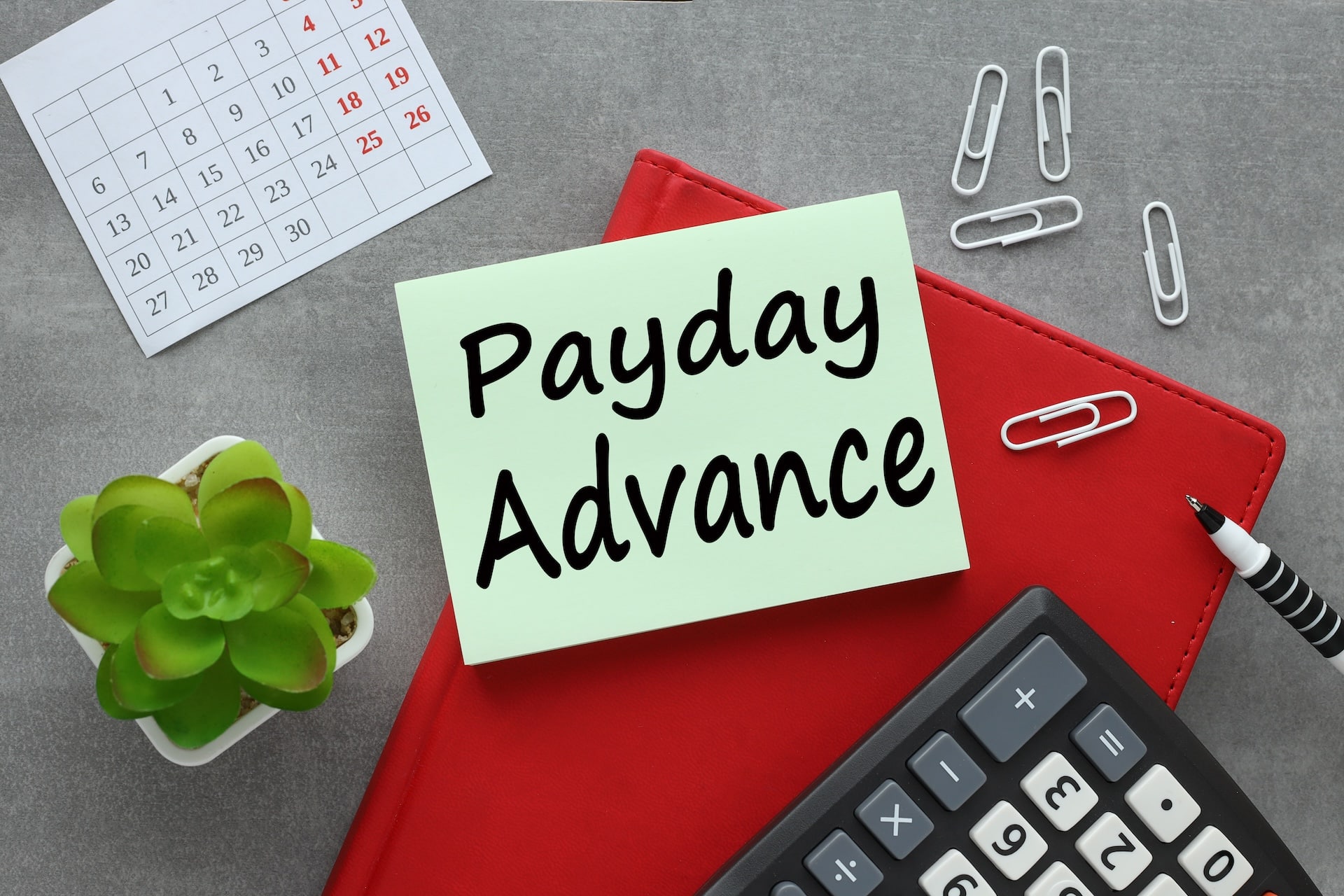Credit Sesame’s personal finance weekly news roundup February 11, 2023. Stories, news, politics and events impacting the personal finance sector during the last week.
- Stocks rally on Fed Chair’s comments
- Malware forces contact payments at point-of-sale
- Using a credit card to gamble is a bad bet
- North Korea preys on crypto
- CFPB warns about illegal practices on mortgage comparison sites
- Overdraft fees are running well below pre-pandemic levels
- Consumer debt still growing, but more slowly
- IRS asks millions of taxpayers to hold off on filing 2022 returns
- Mortgage rates rise for the first time in over a month
1. Stocks rally on Fed Chair’s comments
In a widely-followed talk to the Economic Club of Washington, Federal Reserve Chairman Jerome Powell gave investors mixed signals to consider. On the one hand, he said a disinflationary process has begun. Disinflation doesn’t mean prices are going down, but it does mean the pace of price increases has slowed. On the other hand, Powell reiterated that further interest rate increases are likely to be necessary to bring inflation under control. Stock investors, who are generally wary of interest rate hikes, interpreted the comments as positive overall. After Powell’s talk, following two days of market declines, they staged a strong rally See article at Yahoo.com.
2. Malware forces contact payments at point-of-sale
Contactless payments have added to credit card security. Transactions for which the customer merely has to wave a card near a terminal rather than insert it make it harder for cyberthieves to steal valuable information. However, a new form of malware called Prilex is designed to force consumers to insert their cards into point-of-sale terminals. It does this by causing the terminal to decline attempted contactless payments. See article at DigitalTransactions.net.
3. Using a credit card to gamble is a bad bet
Consumers who use their credit cards to place sports bets are finding the odds are stacked against them. Reportedly, many credit card companies consider a bet charged to the card to be a cash advance, not a purchase. Cash advances often incur higher interest charges than purchases, and may entail per-transaction fees. They also don’t benefit from a grace period before interest starts accruing. All in all, this means that even a winning bet could cost a person money if they pay for it with a credit card. See article at New5Cleveland.com.
4. North Korea preys on crypto
Reuters reports that a confidential United Nations study shows that in addition to using cyber hacking techniques to spy on aerospace and defense companies, North Korea has been using them to steal from crypto accounts. The study estimates that North Korea stole between $600 million and $1 billion worth of crypto assets last year. North Korea has allegedly engaged in these tactics for some time, but those numbers would represent its biggest year for looting crypto assets. See article at Reuters.com.
5. CFPB warns about illegal practices on mortgage comparison sites
The Consumer Financial Protection Bureau (CFPB) has issued a warning that certain common practices on mortgage comparison sites may be illegal. Some of these mortgage comparison platforms present recommendations to consumers based on which mortgage lenders pay the platform a fee, rather than based on which options represent the best deal for the consumer. According to the CFPB, such pay-to-play tactics are a violation of the Real Estate Settlement Procedures Act. See news release at ConsumerFinance.gov.
6. Overdraft fees are running well below pre-pandemic levels
Reductions or elimination of overdraft fees by many banks seems to be having a lasting impact. While overdrafts declined in 2020 and 2021 in part for pandemic-related reasons, the Consumer Financial Protection Bureau found that total overdraft and non-sufficient funds fee revenue remains well below pre-pandemic levels. During the third quarter of 2022, total overdraft and non-sufficient funds fees charged by US banks was $1.8 billion. This is 43% lower than the $3.1 billion charged in the third quarter of 2019. It remains to be seen what impact this loss of revenue will have on other bank charges or access to banking. See release at ConsumerFinance.gov.
7. Consumer debt still growing, but more slowly
New figures on consumer debt in December show the record level owed continued to grow, though at a slower pace. According to the Federal Reserve, total consumer debt grew at a seasonally-adjusted annual rate of 2.9% in December. It had grown at a seasonally-adjusted annual rate of 8.4% in November. Consumers continue to choose the more expensive option of revolving instead of non-revolving debt. Revolving debt typically means credit card debt, while non-revolving debt represents loans. Revolving debt grew at a seasonally-adjusted annual pace of 7.3% in December, compared to just 1.5% for non-revolving debt. See data release at FederalReserve.gov.
8. IRS asks millions of taxpayers to hold off on filing 2022 returns
In a highly-unusual step, the IRS is asking millions of taxpayers not to file their taxes – at least not yet. The reason is that the IRS needs more time to determine the correct tax status of special payments many states issued to help some residents deal with high inflation. Nearly two dozen states issued such payments last year. The issue in question is whether these should be considered state tax refunds, which are taxable, or disaster relief payments, which are not. The IRS is asking people who receive such a payment to hold off on filing until they rule on how it should be taxed. See story at Yahoo.com.
9. Mortgage rates rise for the first time in over a month
30-year mortgage rates edged up by 0.03% during the week ending February 9. This slight uptick was remarkable only because it halted a four-week decline in mortgage rates. That left 30-year mortgage rates at an average of 6.12%. In all, mortgage rates have dropped by 0.30% so far in 2023. That’s a big change from last year, during which mortgage rates more than doubled. See rate data at FreddieMac.com.




















